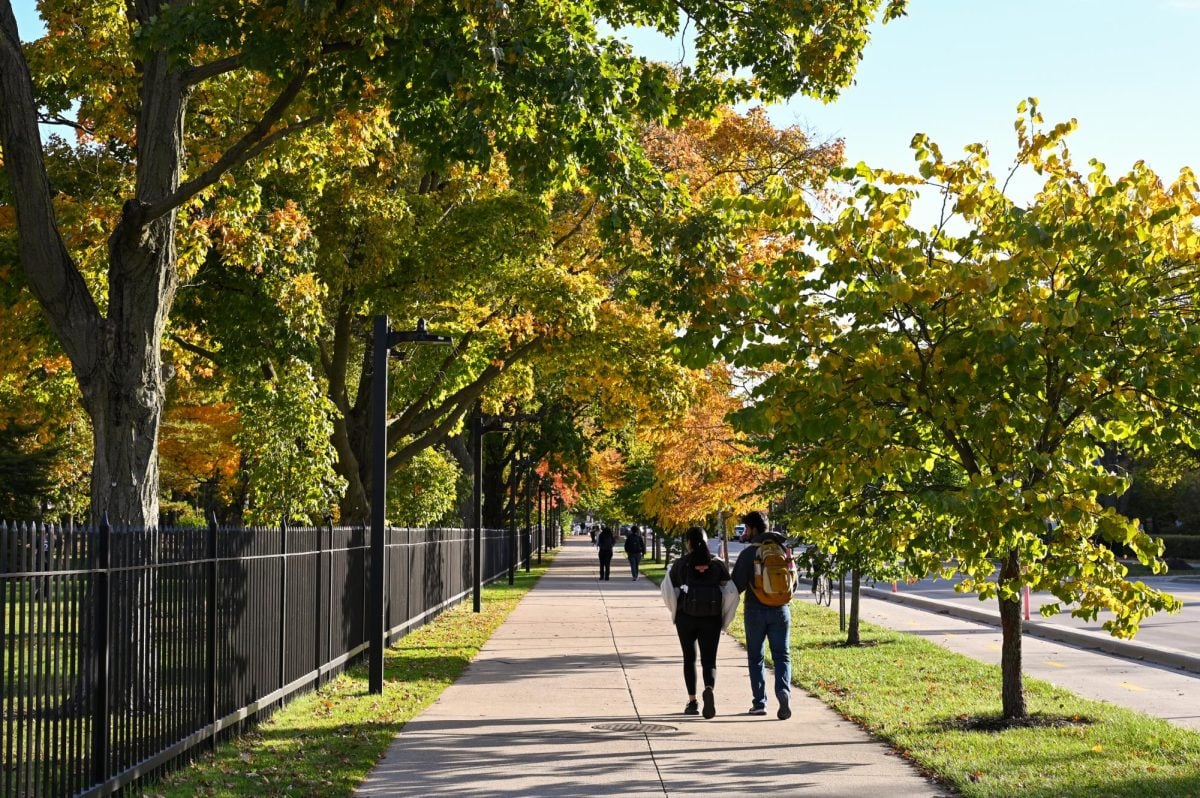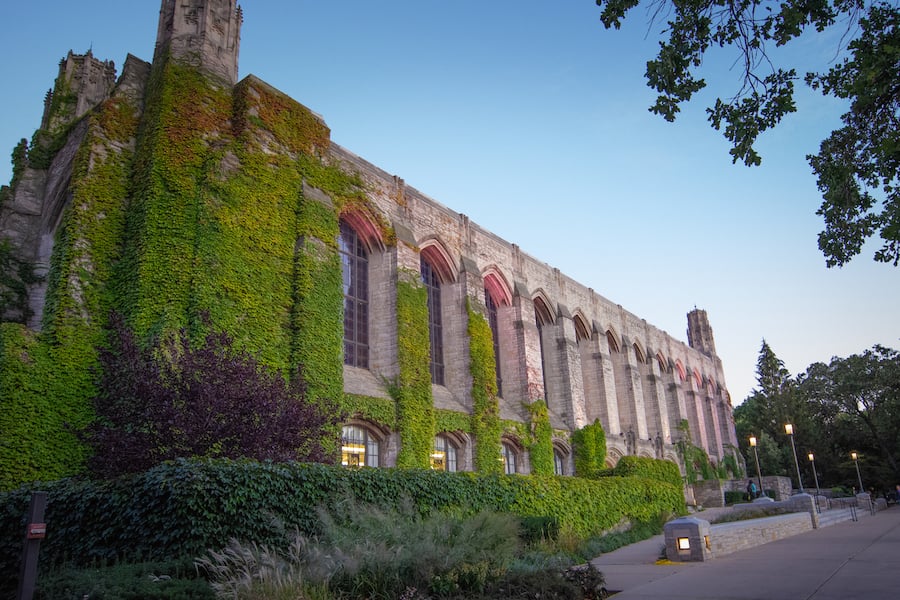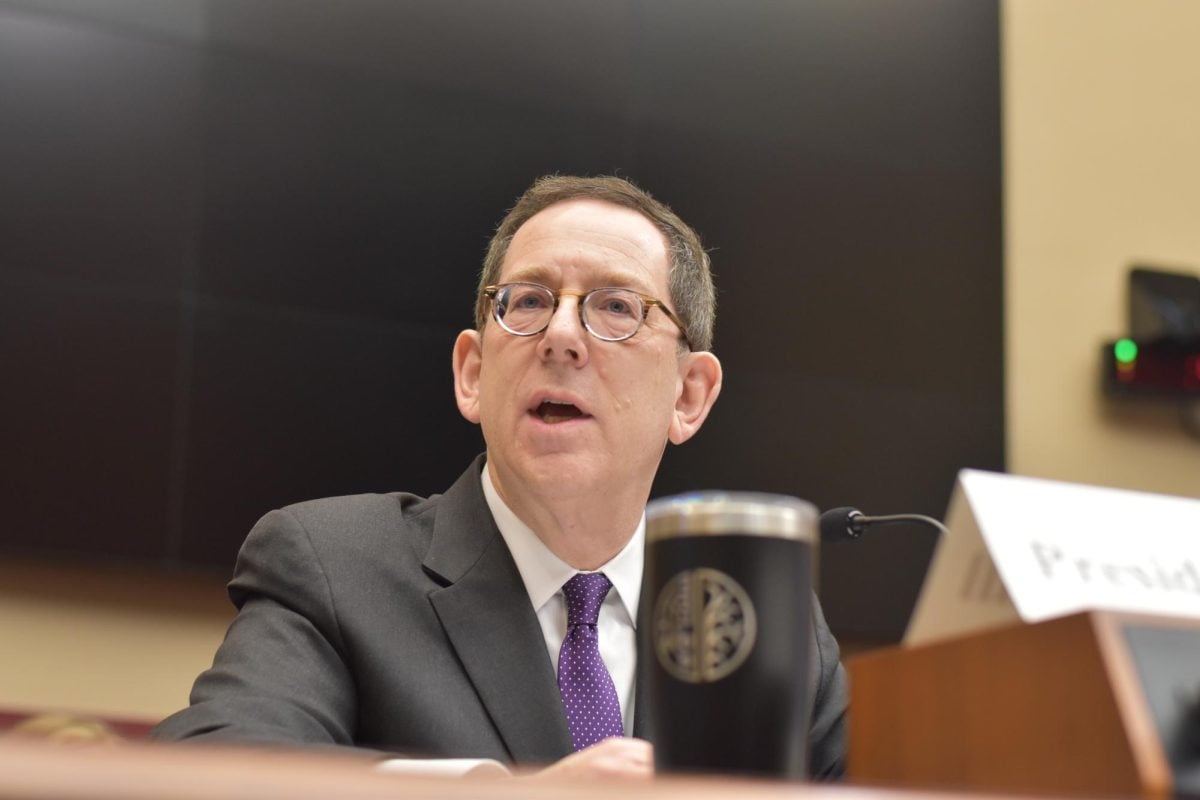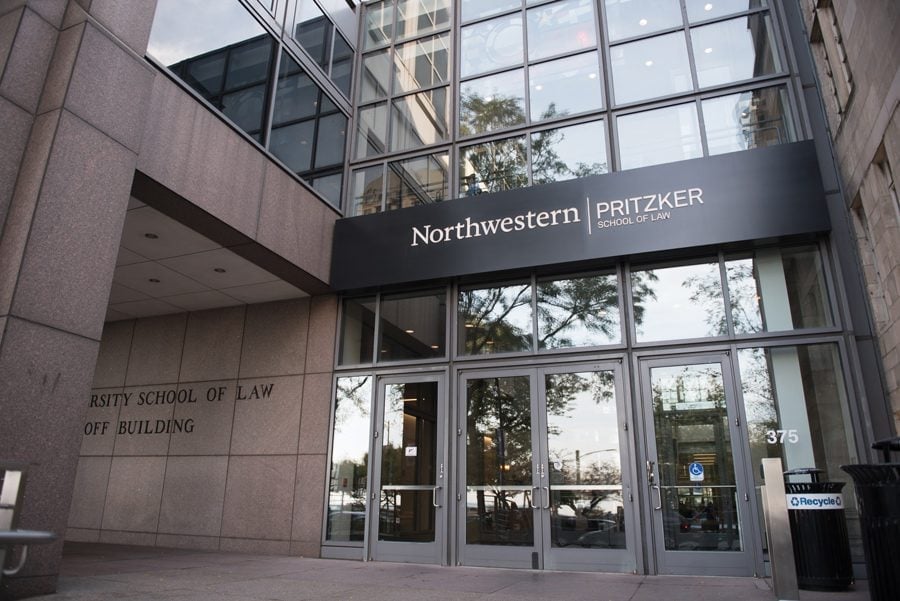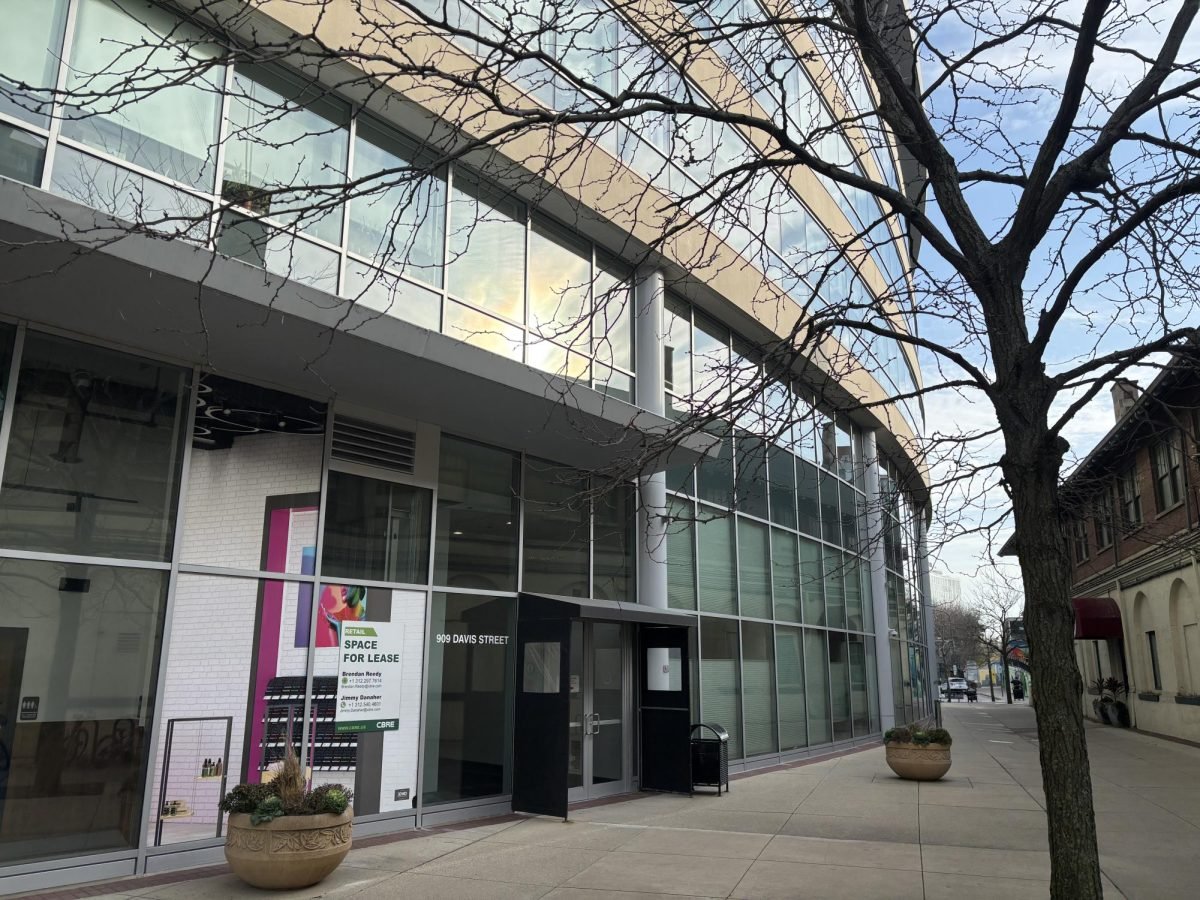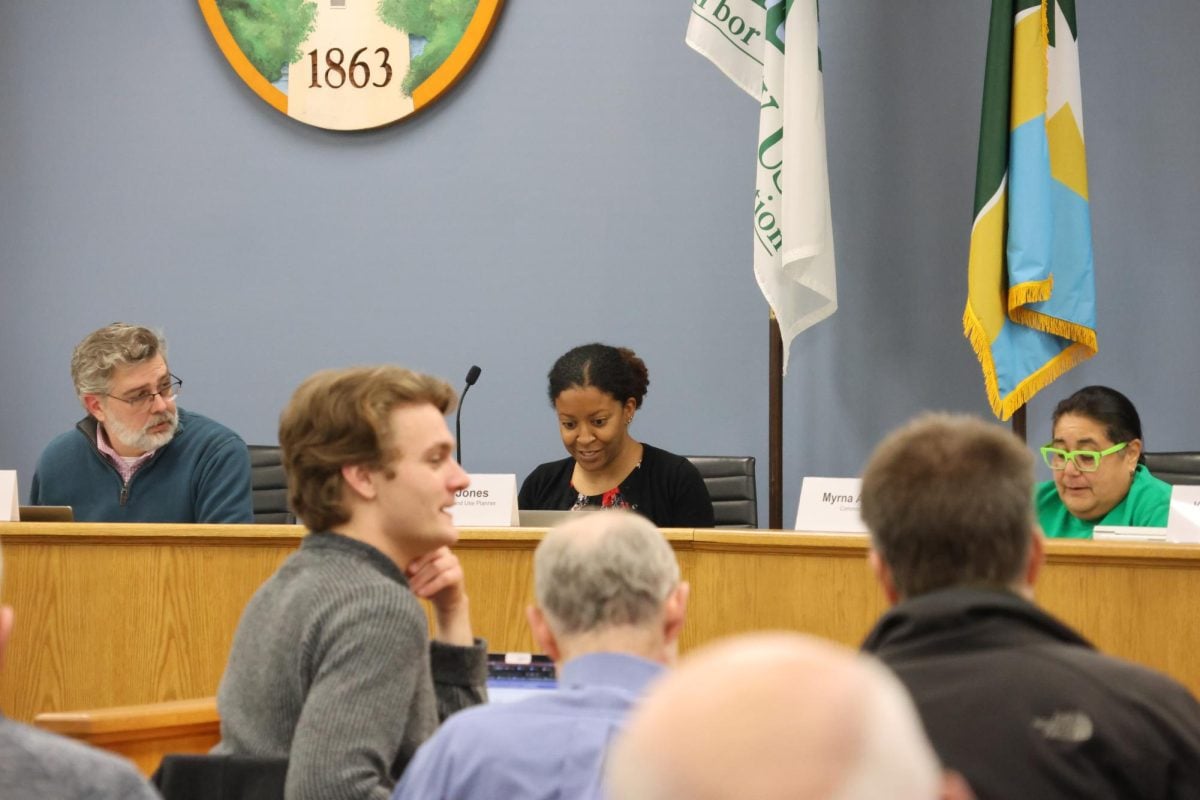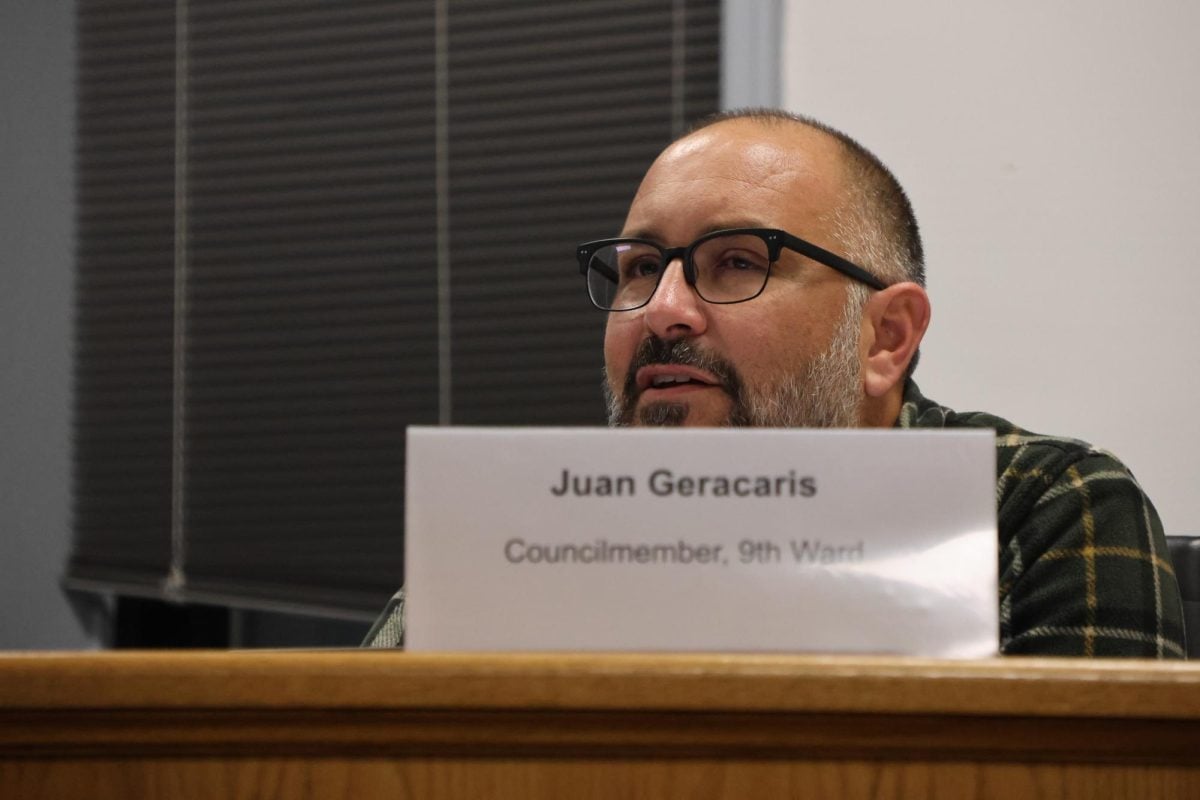Discussion following Thursday’s Caucus Against Racial Prejudice on Campus dominated Monday’s quarterly town hall meeting.
Five members of the Northwestern administration met with about 40 students Monday night to discuss the so-called “brothel law” and follow up on the racial caucus.
Burgwell Howard, NU’s dean of students, spoke first about the zoning ordinance, which prevents more than three unrelated people from living together and is commonly known as the “brothel law.” After some student discussion about apartment prices and legal protection, the administrators discussed how the University will move forward from Thursday’s racial caucus.
Howard and Betsi Burns, assistant dean of students, reiterated previous meetings’ messages that if students choose to live with more than two unrelated people in an off-campus apartment, the University cannot protect them from any action taken by Evanston. Howard said the administration is working behind the scenes on behalf of students.
“You don’t negotiate in public,” Howard said when students voiced complaints that the administration was not transparent. “Truth be told, the aldermen in the city of Evanston don’t want to change the ordinance.”
Burns said in addition to lobbying to change the ordinance, the administration is working with the city to hold landlords more accountable in adhering to the law. Landlords can apply for a license allowing more than three renters, but this license comes with increased costs.
“I don’t like to see a city law that unfairly affects students,” Howard said.
Evanston officials said the city will begin enforcing the “brothel law” in July, but Burns said despite repeated requests, she has not received specifics from the town about how it will administer the ordinance.
“We aren’t policy-makers in the city, but we are lobbying very heavily on behalf of our students to change this ordinance,” Burns said. “At this time we have not been successful at that.”
Students also voiced concerns over apartment price increases, which some said forced them to move farther off campus, away from the NU shuttles and SafeRide.
Director of student life Tony Kirchmeier said his office will make a check sheet for students evaluating off-campus housing options. This information will include questions about the number of renters allowed, utilities and more.
“We don’t have the ability as a university to control the market, but we can provide training for getting you ready to move off campus,” Howard said.
After the brothel law discussion, Howard followed up from the racial caucus, which took place Thursday night. At that meeting, students spoke about various discriminatory acts that occurred recently in classrooms and on campus.
Over the weekend, student groups worked on action items while members of the senior staff met with President Morton Schapiro Monday. Schapiro sent a University-wide email Monday afternoon expressing disappointment at the situation.
“What was discussed here on Thursday night was people’s recognition that (change) began with students,” Howard said. “Many of the interactions were peer-to-peer, so how do we prepare students to interact with tools for difference?”
Communication junior Jazzy Johnson, the chair for the Coalition of Colors, said her group is working to move forward together with other student organizations, including The Collective, which was formed in response to the incident.
“There’s a clear lack of understanding culturally, lack of cross-cultural discussion which can be uncomfortable but they need to be happening so that everyone can have the best experience here possible,” Johnson said.
Those at the meeting discussed goals such as making students more aware of EthicsPoint, an online and phone system for ethical lapse reporting, and including more cultural competency training for students and faculty.
Another meeting is scheduled for Feb. 12, when Howard and other administrators plan to discuss further goals with other multicultural organizations.
